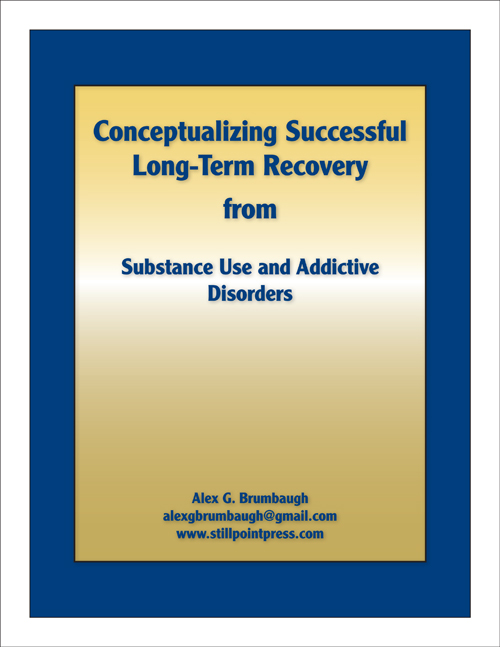

© 2012 by Alex G. Brumbaugh
Abstract
Despite persuasive research that substance use and addictive disorders are chronic rather than acute conditions, neither the treatment of these disorders nor the research designed to measure its effectiveness have successfully adapted to the chronic disease perspective. A significant reason for the persistence of the acute model is the absence in the treatment and research fields of a concise and useful definition of successful addiction recovery. More important, from the standpoint of program and research design, is the absence of useful models that describe the salient elements of which successful recovery is comprised. This article provides a framework for one such model. It describes recovery as a constellation of explicit experiential learnings acquired through developmental stages that are based upon specific needs of the person recovering. Treatment interventions and strategies that are used in conventional substance use treatment may be evaluated on the basis of their effectiveness in helping people acquire the learnings and meeting the needs of each developmental stage, thus providing a new context for determining evidence-based practice.
Conceptualizing Successful Long-Term Recovery from Substance Use and Addictive Disorders
Email for free reprint of entire article